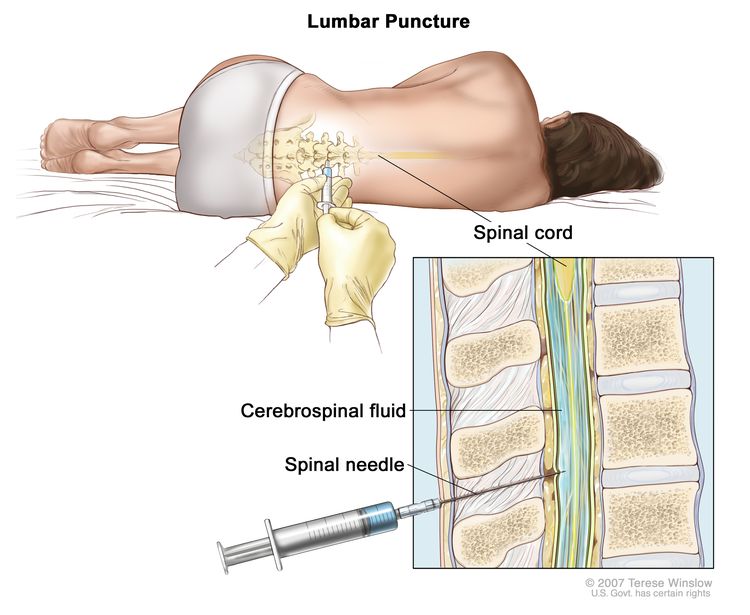Acute Leukemia Treatment in Lebanon
Find the best clinics for Acute Leukemia Treatment in Lebanon
No pricing info available
India offers the best prices Worldwide
Price: $ 878
From 103 verified reviews
Nada Nassar, 19 August 2020
The best place to be
From 38 verified reviews
Joyce Jabbour, 19 May 2020
It is a very nice hospital, very clean, the service is great, personnel is very friendly and professional. Great hospital! Well done. Thank you for being the best hospital in Lebanon
WHY US?
At Medijump, we're making medical easy. You can search, compare, discuss, and book your medical all in one place. We open the door to the best medical providers worldwide, saving you time and energy along the way, and it's all for FREE, no hidden fees, and no price markups guaranteed. So what are you waiting for?

Free

Best Price

Widest Selection

Risk-Free
What do you need to know about Acute Leukemia Treatment in Lebanon?

Grasping the essence of Acute Leukemia Treatment in Lebanon is an absolute must for patients and caregivers facing the daunting challenge of acute leukemia. Remember, despite the severity of this disease, it can be effectively managed with prompt and appropriate treatment. The importance of early diagnosis cannot be overemphasized. The objective of Acute Leukemia Treatment is to wipe out leukemia cells, restoring normal function to the bone marrow. This involves an initial round of induction therapy, followed by consolidation or maintenance therapy. Be aware, the chemotherapy drugs administered can have side effects, and supportive care can be instrumental in managing these.
Treatment for acute leukemia depends on several factors, including the type of the disease (acute lymphocytic leukemia or acute myelogenous leukemia), the stage of the disease, your general health, your age, and your preferences. The treatment options include chemotherapy, targeted therapy, radiation therapy, and bone marrow transplant.
What is the cost of Acute Leukemia Treatment in Lebanon?
Let's get this straight - the cost of Acute Leukemia Treatment in Lebanon can differ widely. Factors such as the patient's health status, the type of treatment, the medical team's expertise, and the facilities at the chosen clinic significantly impact the pricing. The intricacies of the case, duration, and intensity of the treatment can also affect the cost. Don't forget to account for additional expenses like stay, travel, and aftercare, which can considerably add to the overall cost.
What does a Acute Leukemia Treatment Procedure Involve?
Acute Leukemia Treatment is a multi-stage process encompassing diagnosis, treatment, and aftercare. Diagnosis typically involves blood tests and bone marrow biopsies. The treatment phase includes induction therapy to eradicate leukemia cells, followed by consolidation or maintenance therapy to keep the disease at bay. The arsenal of treatment options might include chemotherapy, targeted therapy, radiation therapy, and possibly stem cell transplant. Each stage calls for meticulous attention and strict compliance with medical guidelines for optimal results.
How Long Should I Stay in Lebanon for a Acute Leukemia Treatment Procedure?
Here's the deal - the duration of your stay in Lebanon for a Acute Leukemia Treatment procedure isn't fixed. It relies heavily on your overall health condition, the progression of the disease, and the specifics of your treatment plan. As a ballpark figure, anticipate an initial stay of around a week for comprehensive diagnostic tests and the onset of the treatment. But remember, the full treatment phase, potentially encompassing multiple chemotherapy cycles, might stretch over several months. That's why it's absolutely crucial to have a frank discussion with your healthcare provider. This will let you plan your stay effectively and arrange for the necessary support and care.
What's the Recovery Time for Acute Leukemia Treatment Procedures in Lebanon?
The recovery time for Acute Leukemia Treatment procedures in Lebanon can greatly vary. It hinges on how the patient responds to the treatment, the specific treatment type, and the patient's health status. While some might start to feel better within weeks of treatment initiation, others might require a lengthier recovery period. Recovery is not just physical; it also involves coping with the emotional and psychological fallout of the illness. A robust mental health support system can be a game-changer during this phase.
What's the Success Rate of Acute Leukemia Treatment Procedures in Lebanon?
the success rate of Acute Leukemia Treatment procedures in Lebanon is not a simple number. It's a dynamic metric, influenced by an array of factors such as the type and stage of leukemia, overall health condition of the patient, and the intricacies of the treatment plan. Now, let's underscore the positive - survival rates for acute leukemia have seen a significant surge in recent years, all credit to monumental advancements in medical technology and techniques. Hence, don't hesitate to have a transparent and forthright discussion with your healthcare provider about your individual prognosis and potential outcomes. This will equip you with a holistic understanding of the anticipated treatment success rate.
Are there Alternatives to Acute Leukemia Treatment Procedures in Lebanon?
Acute Leukemia Treatment isn't the only player on the field when it comes to managing acute leukemia. Other viable alternatives are in the game as well, including targeted therapy, immunotherapy, and stem cell transplant. Each of these contenders has their own unique strengths and limitations. The ultimate choice hinges entirely on your specific circumstances and how far the disease has progressed. It's vitally important that you engage in a thorough discussion with your healthcare provider about these alternatives. This will empower you to make an informed and confident decision regarding the most effective treatment strategy.
What Should You Expect Before and After the Procedure?
Acute Leukemia Treatment procedure is a journey, not a single event. It begins well before the treatment and continues long after. Prior to embarking on this journey, be prepared for comprehensive diagnostic tests. These are crucial for verifying the diagnosis and ascertaining the specific type and stage of leukemia. Following this, the next milestone is an in-depth discussion with your healthcare team. This will cover the treatment plan, potential side effects, and key steps needed for preparation. Post-procedure, gear up for a period of recovery and recalibration. This may involve managing side effects, adhering to a strict follow-up schedule, and making necessary lifestyle changes to support your recovery and enhance your overall health. Remember, forearmed is forewarned, and being prepared is half the battle won.
Whilst the information presented here has been accurately sourced and verified by a medical professional for its accuracy, it is still advised to consult with your doctor before pursuing a medical treatment at one of the listed medical providers
No Time?
Tell us what you're looking for and we'll reachout to the top clinics all at once
Enquire Now

Popular Procedures in Lebanon
Prices Start From $2,104

Prices Start From $2,487

Prices Start From $2,487

Prices Start From $2,487

Recommended Medical Centers in Lebanon for Acute Leukemia Treatment

- Interpreter services
- Translation service
- Religious facilities
- Medical records transfer
- Medical travel insurance
- Health insurance coordination
- TV in the room
- Safe in the room
- Phone in the room
- Private rooms for patients available

- Interpreter services
- Translation service
- Religious facilities
- Medical records transfer
- Medical travel insurance
- Health insurance coordination
- TV in the room
- Safe in the room
- Phone in the room
- Private rooms for patients available

- Interpreter services
- Translation service
- Religious facilities
- Medical records transfer
- Medical travel insurance
- Health insurance coordination
- TV in the room
- Safe in the room
- Phone in the room
- Private rooms for patients available

- Interpreter services
- Translation service
- Religious facilities
- Medical records transfer
- Medical travel insurance
- Health insurance coordination
- TV in the room
- Safe in the room
- Phone in the room
- Private rooms for patients available


